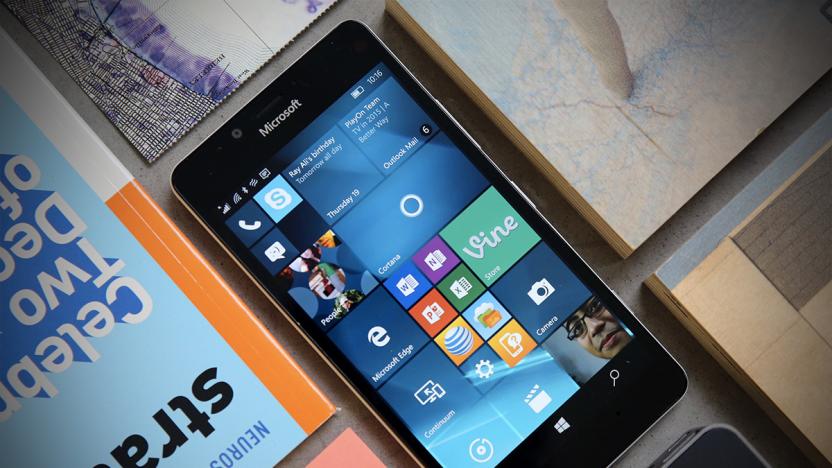karstennohl
Latest

Congressman calls for probe of longstanding mobile security flaw
It's no secret that Signaling System 7 -- a set of crucial protocols that define how phone calls, messages and data are routed through networks -- is flawed. Thanks to a recent report by 60 Minutes, though, at least one member of Congress was spooked enough to try and do something about it. According to The Daily Dot, Rep. Ted Lieu (D-CA) is now calling for a full investigation into the flaw that let a well-known security researcher track his movement through Los Angeles and record his phone calls without his knowledge.

New malware can live inside any USB device undetected
It turns out that the stalwart USB thumbstick, or any universal serial bus device, isn't as trustworthy as once thought. A pair of security researchers has found we need to worry about more than just malware-infected files that are stored portable drives, and now need to guard against hacks built into our geek-stick's firmware according to Wired. The proof-of-concept malware Karsten Nohl and Jakob Lell have created is invisible and installable on a USB device and can do everything from taking over a user's PC to hijacking the DNS settings for your browser. Or, if it's installed on a mobile device it can spy on your communications and send them to a remote location, similar to the NSA's Cottonmouth gadgets. If those don't worry you, perhaps that the "BadUSB" malware can infect any USB device -- including keyboards -- and wreak havoc, will. What's more, a simple reformat isn't enough to disinfect either, and the solution that Lell and Nohl suggest goes against the core of what many of us are used to doing.

Some SIM cards can be hacked 'in about two minutes' with a pair of text messages
Every GSM phone needs a SIM card, and you'd think such a ubiquitous standard would be immune to any hijack attempts. Evidently not, as Karsten Nohl of Security Research Labs -- who found a hole in GSM call encryption several years ago -- has uncovered a flaw that allows some SIM cards to be hacked with only a couple of text messages. By cloaking an SMS so it appears to have come from a carrier, Nohl said that in around a quarter of cases, he receives an error message back containing the necessary info to work out the SIM's digital key. With that knowledge, another text can be sent that opens it up so one can listen in on calls, send messages, make mobile purchases and steal all manner of data. Apparently, this can all be done "in about two minutes, using a simple personal computer," but only affects SIMs running the older data encryption standard (DES). Cards with the newer Triple DES aren't affected; also, the other three quarters of SIMs with DES Nohl probed recognized his initial message as a fraud. There's no firm figure on how many SIMs are at risk, but Nohl estimates the number at up to 750 million. The GSM Association has been given some details of the exploit, which have been forwarded to carriers and SIM manufacturers that use DES. Nohl plans to spill the beans at the upcoming Black Hat meeting. If you're listening, fine folks at the NSA, tickets are still available.

GSM call encryption code cracked, published for the whole world to see
Did you know that the vast majority of calls carried out on the 3.5 billion GSM connections in the world today are protected by a 21-year old 64-bit encryption algorithm? You should now, given that the A5/1 privacy algorithm, devised in 1988, has been deciphered by German computer engineer Karsten Nohl and published as a torrent for fellow code cracking enthusiasts and less benevolent forces to exploit. Worryingly, Karsten and his crew of merry men obtained the binary codes by simple brute force -- they fed enough random strings of numbers in to effectively guess the password. The GSM Association -- which has had a 128-bit A5/3 key available since 2007, but found little takeup from operators -- has responded by having a whinge about Mr. Nohl's intentions and stating that operators could just modify the existing code to re-secure their networks. Right, only a modified 64-bit code is just as vulnerable to cracking as the one that just got cracked. It's important to note that simply having the code is not in itself enough to eavesdrop on a call, as the cracker would be faced with just a vast stream of digital communications -- but Karsten comes back to reassure us that intercepting software is already available in customizable open source varieties. So don't be like Tiger, keep your truly private conversations off the airwaves, at least for a while.


